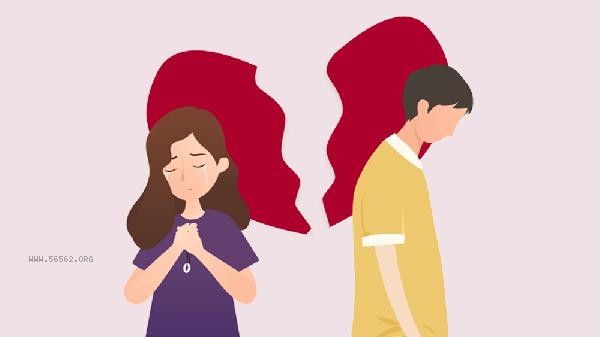Whether to choose to maintain a marriage or divorce for a child depends on the degree of family conflict and the quality of the parent-child relationship. Core considerations include whether marital conflicts affect the child's mental health, whether parents can maintain effective cooperation in parenting, and whether a stable growth environment can be provided after divorce. When marital conflicts are not severe enough to lead to frequent arguments or cold violence, maintaining a complete family may be more conducive to building children's sense of security. Parents can improve their communication patterns through marriage counseling, avoid involving their children in conflicts, and provide relatively stable emotional support. In the case of shared economic responsibility and consistent parenting philosophy, children may learn healthy interpersonal relationship patterns from their parents' daily companionship. When there is long-term domestic violence, severe abuse, or persistent emotional neglect in a marriage, divorce may be a more responsible choice. Research shows that children growing up in high conflict families have a significantly higher probability of anxiety and depression than those in divorced but low conflict families. The key is to maintain a joint parenting agreement after divorce, avoid letting children take on the role of emotional mediators, and maintain parental involvement through regular visits and joint decision-making. Regardless of the method chosen, it is important to ensure that the emotional needs of the child are given priority attention. Regularly conduct family psychological assessments and establish an open dialogue mechanism for children to express their true feelings. Divorced families can seek the assistance of a child psychological counselor during the transition, while families that maintain their marriage should set up separate communication times between parents. The key is to help children understand that changes in family structure do not equate to a lack of love, reduce self blame tendencies, and maintain normal social and learning functions.











Comments (0)
Leave a Comment
No comments yet
Be the first to share your thoughts!